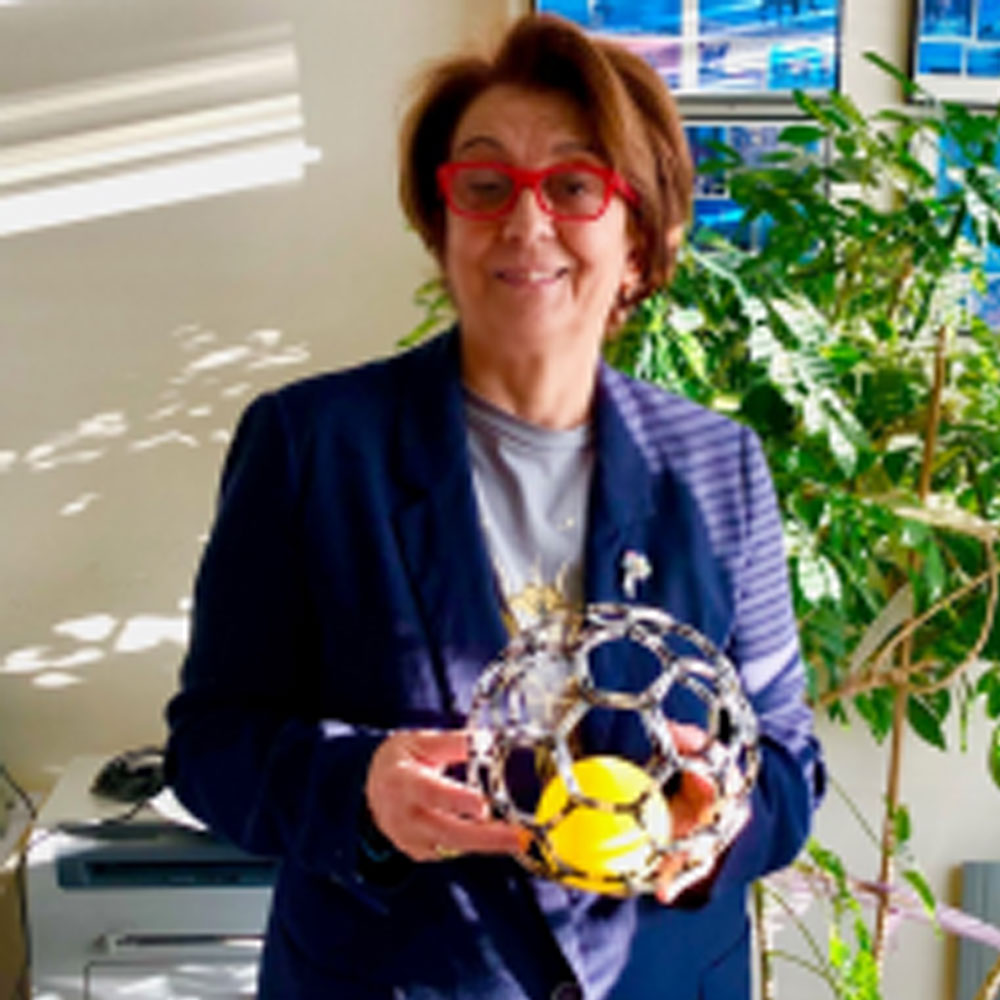Talk Title: Nanotechnology Shaping the Future of Medicine
Abstract
Nanotechnology deals with the design, production, examination, and application of materials and systems with dimensions ranging from 1 to 100 nanometers. Nanoscale materials exhibit unique properties that go beyond the classical physical behavior observed at the macroscopic and microscopic scales. These advantages include a high surface area-to-volume ratio, high mechanical strength, quantum effects, unique optical properties, and enhanced electrical and thermal conductivities. Therefore, nanomaterials enable groundbreaking applications in medical diagnosis (nanodiagnosis), treatment (nanotherapy), and regenerative medicine processes. Nanodiagnosis encompasses the evolution of nanodevices and imaging devices to detect and analyze diseased conditions, cellular abnormalities, and abnormal cells. Nanotherapy offers effective nano systems by applying more effective treatment while minimizing side effects. Regenerative medicine aims to repair or regenerate damaged tissues and organs using nanomaterials. The healthcare sector was reported to be the most commercial sector of the modern nanotechnology market in 2020, with a 19.5% capital share. Leadership in this field stems from the increasing use of nanotechnology in the development of nanodiagnostics, nanosurgical robots, cell repair applications, nanobiosensors, imaging, and targeted drug delivery. This study will address recent developments in the application of nanotechnology in the field of medicine.
Biography
Nihal SARIER received a BSc in Chemistry (1978) from Middle East Technical University (Ankara, Turkey) and then MSc (1983) and PhD (1986) degrees in Physical Chemistry from Ege University (Izmir, Turkey). She is a full-time professor at Istanbul Kültür University (IKU) (Istanbul, Turkey) in the Faculty of Engineering.
Her work on multifunctional materials, dynamic thermal energy management in textiles and buildings, nanofibers, organoclays, and polymer nanocomposites resulted in 27 SCI articles, two international patents1.2, and one national patent3, as well as 26 oral presentations. Prof. Sarier contributed as a co-author to the book chapter “Functional Finishes for Textiles” in “Thermal Regulation Finishes for Textiles” (Elsevier, 2015).
Prof. Sarier has worked as a principal investigator (1)4 and researcher (2)5,6 in 3 research projects funded by TUBITAK (The Scientific and Technological Research Council of Turkey) between 2004 and 2017 and as a researcher in an EU COST Action “TD1402-Multifunctional Nanoparticles for Magnetic Hyperthermia and Indirect Radiation Therapy (RADIOMAG)” between 2014 and 2019. Subsequently, she engaged in a project 7 funded by Istanbul Kultur University, serving as the principal investigator from 2021 to 2023. Recently, she has been working as a senior researcher in an EU ERA Chair Project entitled “Spectroscopy@IKU: Manipulating and Characterizing Molecular Architecture: From Isolated Molecules to Molecular Crystals,” which is scheduled to run from January 2025 to December 2029.
Since 1997, she has taught undergraduate courses at IKU, including chemistry, materials science, nanotechnology applications in civil engineering, occupational safety and health, and semiconductor technology. Her research interests include multifunctional materials, thermal, mechanical, and electrical properties, phase change materials, microencapsulation, organoclays, electrospinning, nanocomposites, and EMI shielding textiles.

